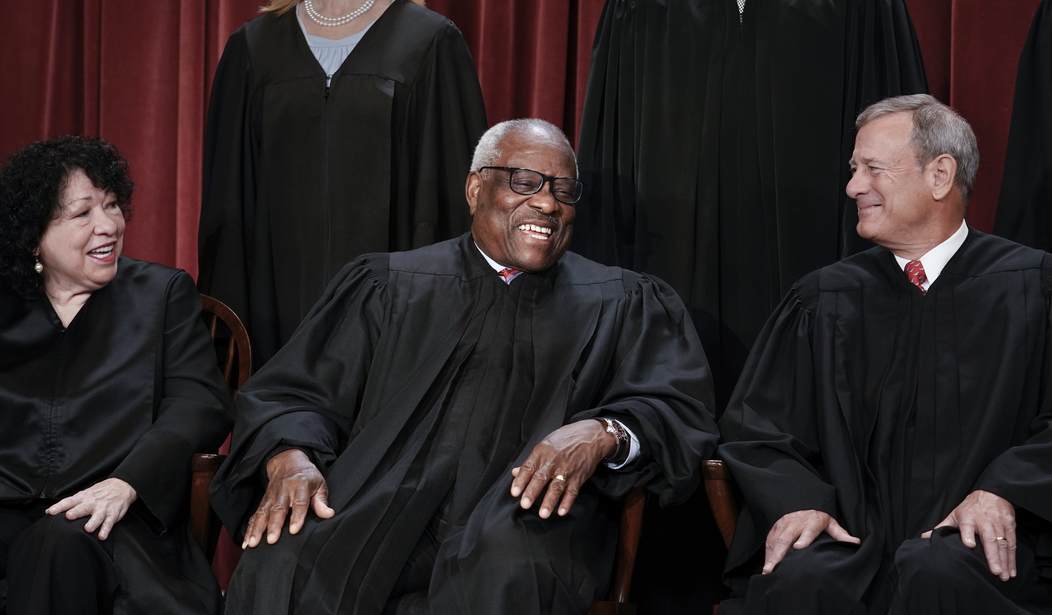On July 1, 2024 the Supreme Court ruled U.S. presidents have immunity for official acts with President Donald Trump at the center of the case.
In his concurrence in the majority opinion, Justice Clarence Thomas made the argument that Special Counsel appointments could broadly be unconstitutional, but especially if they are not appointed by Congress.
"It is difficult to see how the Special Counsel has an office 'established by Law,' as required by the Constitution. When the Attorney General appointed the Special Counsel, he did not identify any statute that clearly creates such an office," Clarence wrote. "None of the statutes cited by the Attorney General appears to create an office for the Special Counsel, and especially not with the clarity typical of past statutes used for that purpose."
"Even if the Special Counsel has a valid office, questions remain as to whether the Attorney General filled that office in compliance with the Appointments Clause. For example, it must be determined whether the Special Counsel is a principal or inferior officer. If the former, his appointment is invalid because the Special Counsel was not nominated by the President and confirmed by the Senate, as principal officers must be. Art. II, §2, cl. 2. Even if he is an inferior officer, the Attorney General could appoint him without Presidential nomination and senatorial confirmation only if 'Congress . . . by law vest[ed] the Appointment' in the Attorney General as a 'Hea[d] of Department,'" Thomas continued.
Recommended
"So, the Special Counsel’s appointment is invalid unless a statute created the Special Counsel’s office and gave the Attorney General the power to fill it 'by Law.' Whether the Special Counsel’s office was 'established by Law' is not a trifling technicality. If Congress has not reached a consensus that a particular office should exist, the Executive lacks the power to unilaterally create and then fill that office," he argued.
Special Counsel Jack Smith was appointed by Attorney General Merrick Garland outside of that constitutional standard, resulting in U.S. District Judge Aileen Cannon dismissing the classified documents case against former President Donald Trump.
Trump Classified Docs Case Dismissed
— Townhall.com (@townhallcom) July 15, 2024
https://t.co/1qKN3siH1C

























Join the conversation as a VIP Member